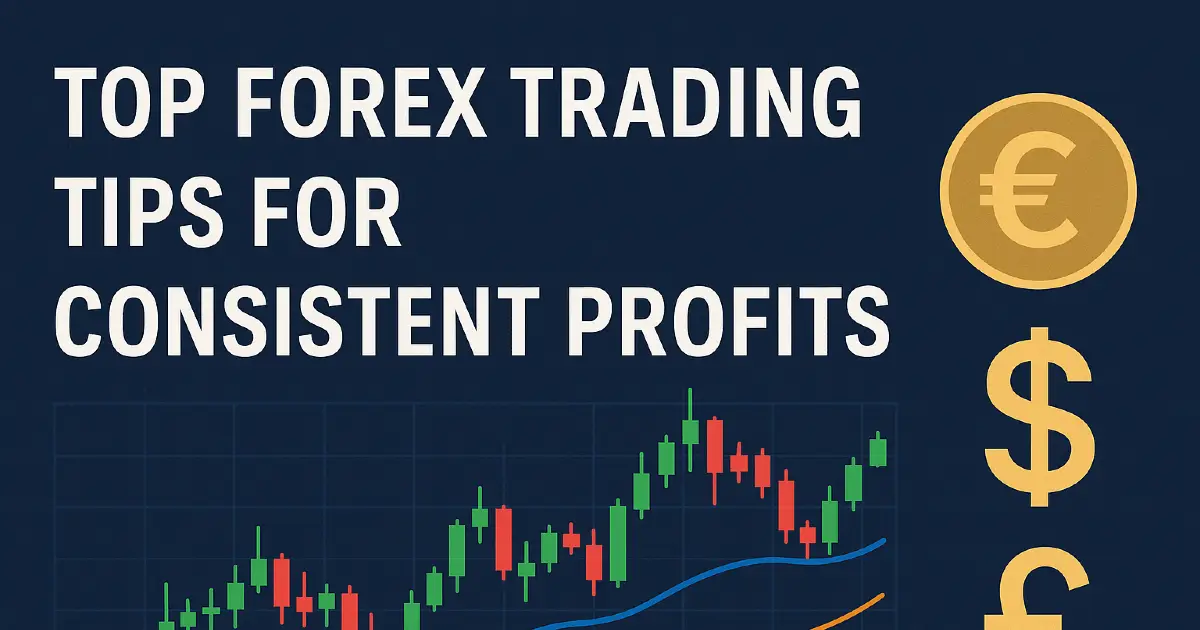You’re just starting out or looking to sharpen your skills, these tips will guide you toward better decision-making and fewer costly mistakes.
Master the Basics Before You Trade
Jumping into the forex market without understanding how it works is like sailing in rough seas without a compass. Take time to learn about currency pairs, pips, leverage, and how the market reacts to global news.
- Know your major pairs (EUR/USD, GBP/USD, USD/JPY)
- Understand how economic indicators move prices
- Practice reading charts and candle patterns
Use a Demo Account First
Before risking real money, get comfortable with a demo trading account. This lets you test strategies, get used to the platform, and make mistakes without financial consequences. Many traders skip this step—and regret it.
Develop a Solid Trading Plan
Consistency comes from planning. A trading plan should define your entry and exit points, risk limits, and profit targets. Never trade on emotions or gut feelings alone.
Include in your plan:
- Trade size and lot settings
- Stop-loss and take-profit rules
- Daily and weekly risk limits
Focus on Risk Management
Even if you’re right 70% of the time, one bad trade can wipe out your gains. Never risk more than 1–2% of your trading capital on a single trade. Small losses are part of the game—manage them wisely.
- Always set a stop-loss
- Use trailing stops to lock in profits
- Avoid overleveraging
Trade with the Trend
The trend is your friend. Fighting market direction usually ends in loss. Use moving averages and trendlines to identify market direction and trade with the momentum instead of against it.
Keep a Trading Journal
Success in forex is about learning from your wins and losses. A journal helps you track patterns in your behavior and performance. Record every trade, why you took it, and what the outcome was. Over time, you’ll see what works—and what doesn’t.
Stay Updated on Economic News
Global events move currency markets. Always check the economic calendar before trading. News like interest rate decisions, inflation data, and employment reports can cause major price swings.
- Avoid trading during high-impact news if you’re a beginner
- Use websites like Forex Factory for event schedules
Control Your Emotions
Fear, greed, and frustration are your worst enemies in forex. Never chase losses or overtrade after a big win. Stick to your strategy, take breaks when needed, and treat trading like a business, not a game.
Avoid Trading All Day
More trades don’t mean more profit. In fact, overtrading is one of the biggest reasons traders fail. Focus on quality setups, not quantity. One or two good trades per day are better than ten rushed ones.
Keep Learning Every Day
The forex market is always changing. The most successful traders stay ahead by reading books, following expert blogs, and reviewing their strategies regularly. The moment you stop learning, you stop growing as a trader.
Final Thoughts
Achieving consistent profits in forex trading takes time, patience, and discipline. These tips aren’t magic tricks—they’re the foundation of smart, sustainable trading. Stick to your plan, manage your risks, and never stop learning. Over time, consistency will follow.


